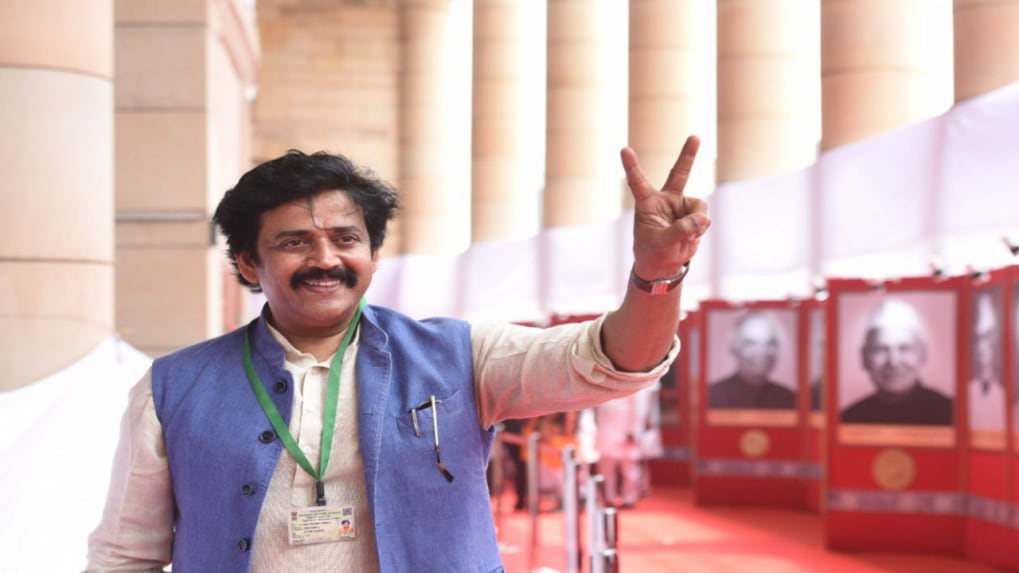Actor-turned-politician Ravi Kishan, who represents Gorakhpur constituency, will introduce a private member’s bill on population control in the Lok Sabha today.
A Private Member’s Bill is introduced by a Member other than a Minister. There is little chance that such a bill will become law without the support of the government. Since 1970, no private member’s bill had been passed by parliament, PTI reported, citing data from the PRS Legislative.
BJP MP Rakesh Sinha has announced a similar population control bill in the Rajya Sabha.
The bill comes days after the United Nations predicted India would overtake China as the world’s most populous country in 2023.
In 2022, India’s population stood at 1.412 billion compared to China’s 1.426 billion, according to the UN report. India’s population is expected to reach 1.668 billion in 2050, far ahead of China’s 1.317 billion.
The population control bill focuses on discouraging couples from having more than two children. Couples with more children would be made ineligible for government jobs and subsidies on various government-provided facilities and goods.
Since India’s independence, the two-child policy has been tabled in Parliament more than 35 times. However, it failed to become law. The Population Control Bill 2019, which was withdrawn in 2022, proposed to introduce a two-child-per-couple policy. The bill also proposed to encourage adoption of the policy through educational benefits, home loans, better job opportunities, free health care and tax cuts.
What does the Constitution say?
According to Article 22 of the 1969 Declaration on Social Progress and Development adopted by the United Nations, all couples are free to choose the number of children they wish to have.
Furthermore, any policy regulating the number of children will violate the constitutional rights set forth in Article 16 (equal opportunity in public employment) and Article 21 (protection of life and liberty).
What does the bill not take into account?
The population control bill does not take into account the case of divorced citizens. It could also violate the principles of Islamic laws.
Recently, the Uttar Pradesh law commission shared a draft population control bill on its website and called on the public to submit suggestions. According to the bill, couples with more than two children in Uttar Pradesh will not be allowed to stand for local body elections, apply for government jobs or receive any grants.

